Keywords: National Conference
-
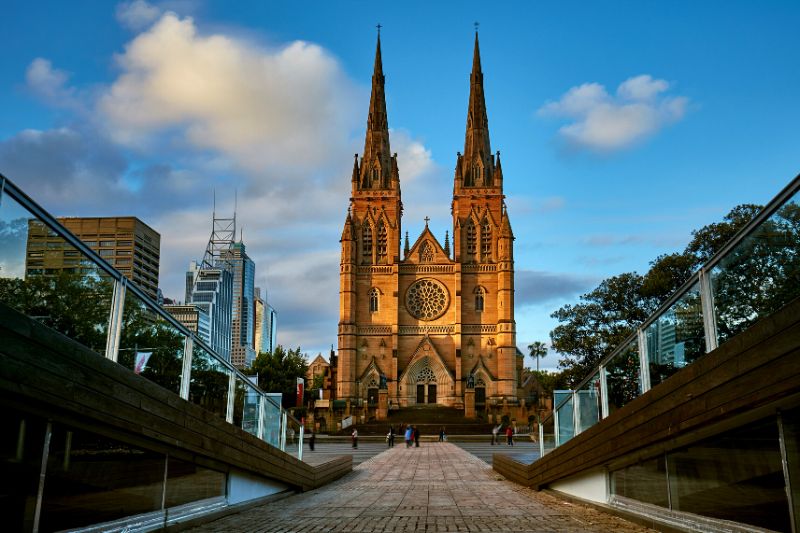
RELIGION
- John Warhurst
- 14 November 2023
11 Comments
Religion and politics are frequent bedfellows. Despite many clerics and bishops holding strong political views, and many lay Catholics being active within political parties, the successful embrace of synodality depends upon finding middle ground, and leaders who respect a diversity of views.
READ MORE
-
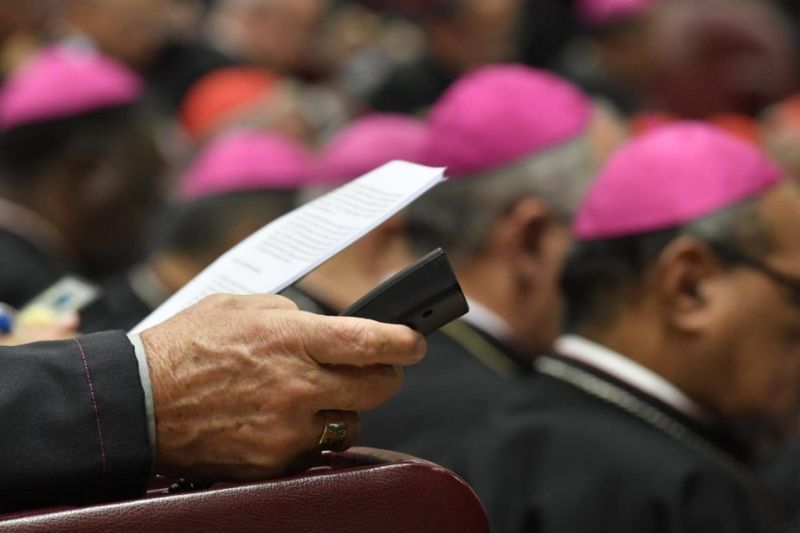
RELIGION
- John Warhurst
- 18 October 2023
9 Comments
This month we navigate the dual milestones of a failed constitutional referendum and the First Assembly of the Synod of Bishops. Seemingly disparate, these events converge in debates over tradition, leadership, and discourse. Their outcomes promise to shape the nation's spiritual and secular contours for generations.
READ MORE
-
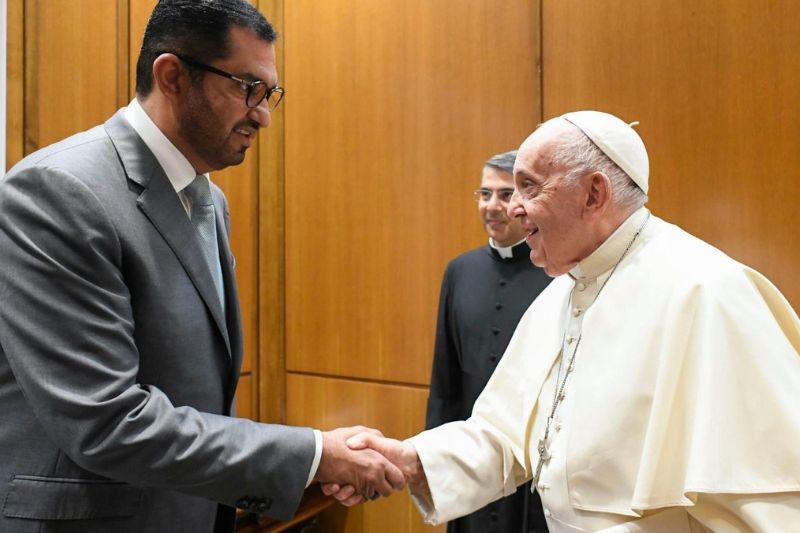
ENVIRONMENT
- Andrew Hamilton
- 12 October 2023
3 Comments
Pope Francis' latest Exhortation 'Laudate Deum,' is an evocative sequel to 'Laudato Si’, juxtaposing the urgency of our environmental predicament with the fragility of human hope. Before the upcoming COP28 conference, as nations teeter between action and inertia, the Pope's message is clear: our shared environment, and the most vulnerable among us, hang in the balance.
READ MORE
-

AUSTRALIA
- Michele Gierck
- 22 September 2023
Can genuine dialogue influence societal change? In discussion with Professor Joe Camilleri, Michele Gierck explores initiatives to achieve productive public discourse, and the transformative power of conversation as our most effective catalyst for global change.
READ MORE 
-

AUSTRALIA
- John Falzon
- 21 September 2023
3 Comments
In the face of Australia's pressing housing crisis, is the solution merely a question of funds, or does it demand a deeper overhaul? Many are calling for a transformed government role, one that abandons the shackles of neoliberalism, prioritises social infrastructure, and champions the collective good over select interests.
READ MORE
-

RELIGION
- John Warhurst
- 14 September 2023
46 Comments
As the Voice Referendum campaign intensifies, many Catholic groups rally behind the Voice. But Australia's church leaders remain above the fray, maintaining neutral positions. As the lines between faith, politics, and indigenous rights blur, should the bishops be more prescriptive on how to vote?
READ MORE
-
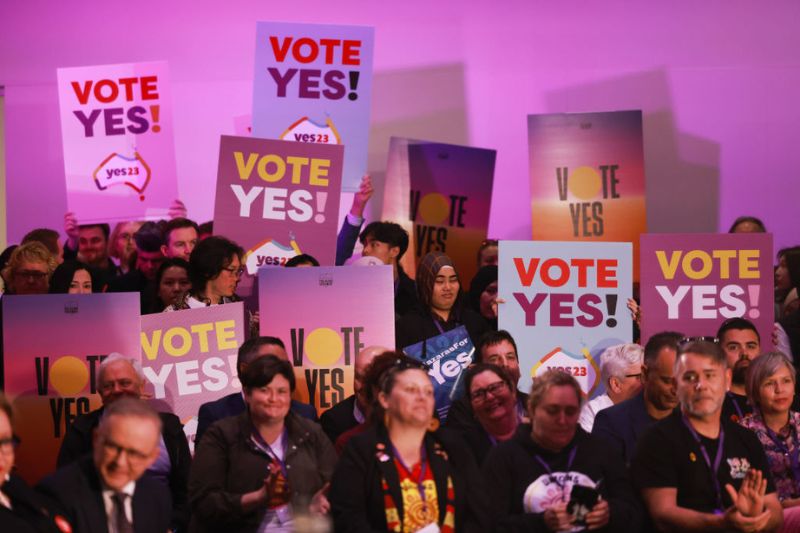
AUSTRALIA
- Frank Brennan
- 01 September 2023
14 Comments
As Australia approaches a pivotal referendum, voters face a critical choice: endorse a new chapter in the Constitution providing a 'First Nations Voice' or leave it untouched. Whichever way the vote goes, we will be left with a Constitution not fit for purpose in the 21st century.
READ MORE
-
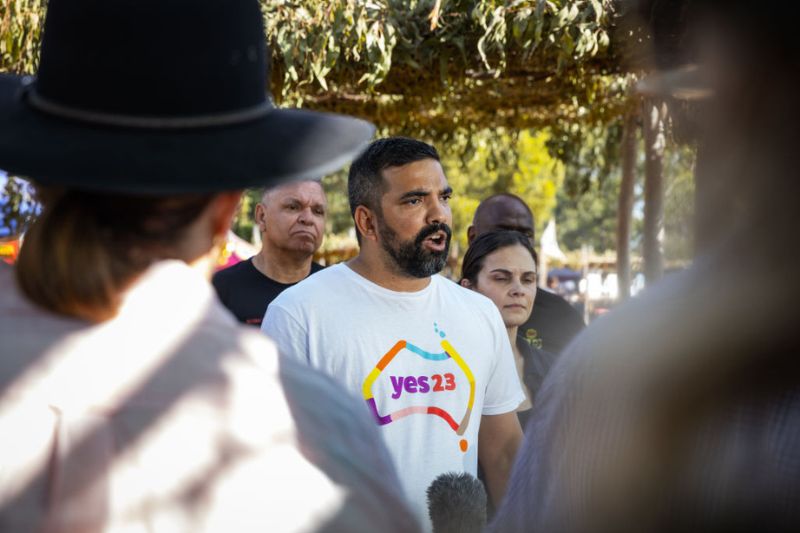
FAITH DOING JUSTICE
- Andrew Hamilton
- 21 August 2023
10 Comments
The Catholic Bishops Justice Statement, timed with an impending Referendum on the Voice to Parliament, scrutinizes the ties between Aboriginal and Torres Strait Islander peoples and other Australians. Crafted alongside the National Aboriginal and Torres Strait Islander Catholic Council, it underscores the urgency of deepened engagement through listening, learning, and love, advocating for Indigenous justice and healing.
READ MORE
-
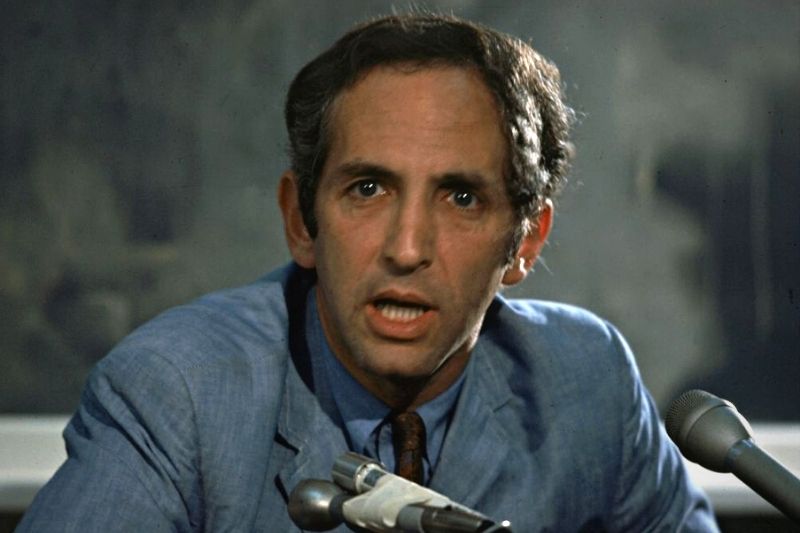
INTERNATIONAL
- Binoy Kampmark
- 08 August 2023
1 Comment
Before WikiLeaks, Daniel Ellsberg's release of the Pentagon Papers exposed U.S. deceptions in the Vietnam War. His journey from defence analyst to whistleblower leaves a legacy that resonates today. In an era where transparency is often overshadowed by retaliation, Ellsberg's story stands as a sobering reminder of the cost of truth.
READ MORE
-
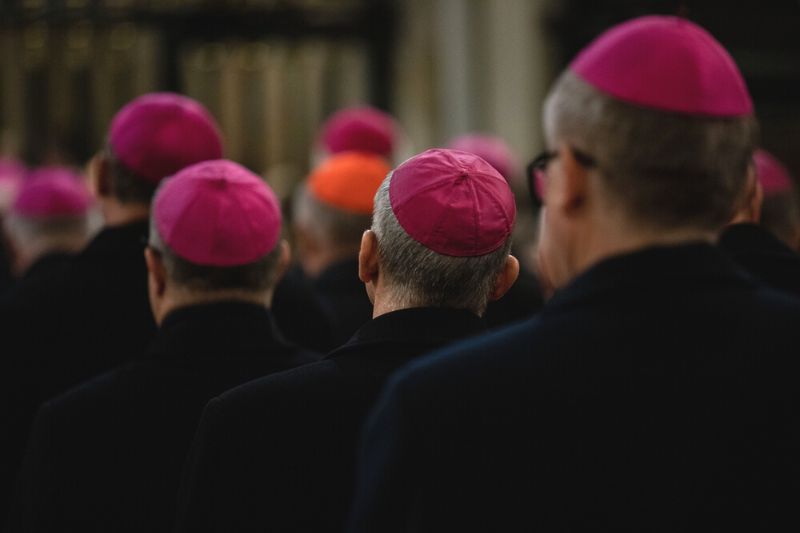
RELIGION
- John Warhurst
- 05 July 2023
11 Comments
As the Vatican releases the working document for the first Synod on Synodality, reactions within the Catholic community are mixed. While many applaud its open approach to divisive issues, others deem it too progressive or insufficiently thorough. Australian bishops encourage engagement, but the road ahead poses significant challenges.
READ MORE
-
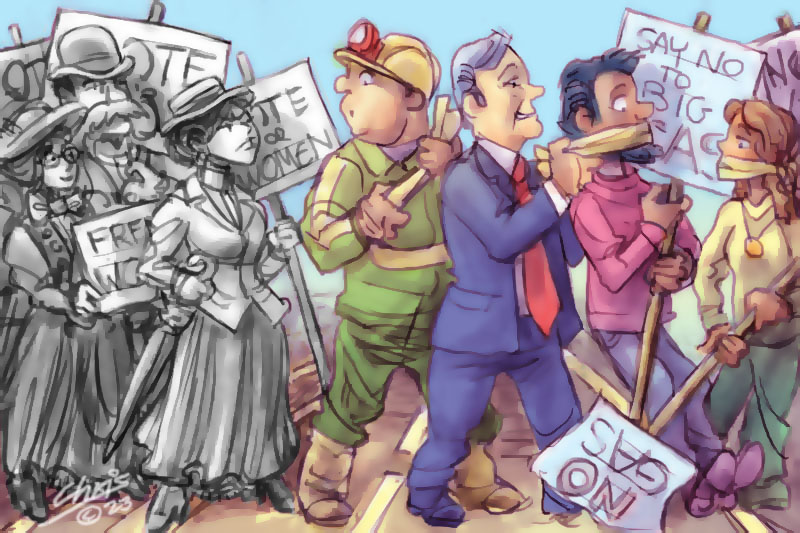
AUSTRALIA
- Michele Madigan
- 29 June 2023
2 Comments
Following a rally by climate action group Extinction Rebellion, anti-protest laws were rushed through the SA lower house, increasing the maximum fines for disruptive protests along with potential jail time. Sadly, SA is not an outlier here, but is rather in step with the rest of the country with similar ‘draconian’ laws regulating protests.
READ MORE
-
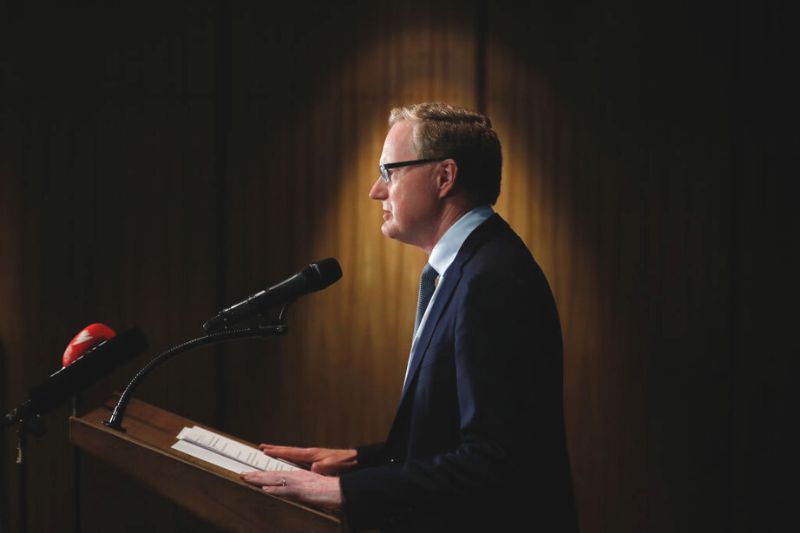
AUSTRALIA
- James Massola
- 13 June 2023
2 Comments
In a year defined by surging living expenses, RBA Governor Philip Lowe finds himself the object of public ire, his failed rate predictions and aggressive anti-inflation measures becoming a litmus test for the enduring effects of a global crisis. Will the Labor party dare sever ties with Lowe, or will they allow him to continue wielding the hammer, regardless of the mounting human cost?
READ MORE